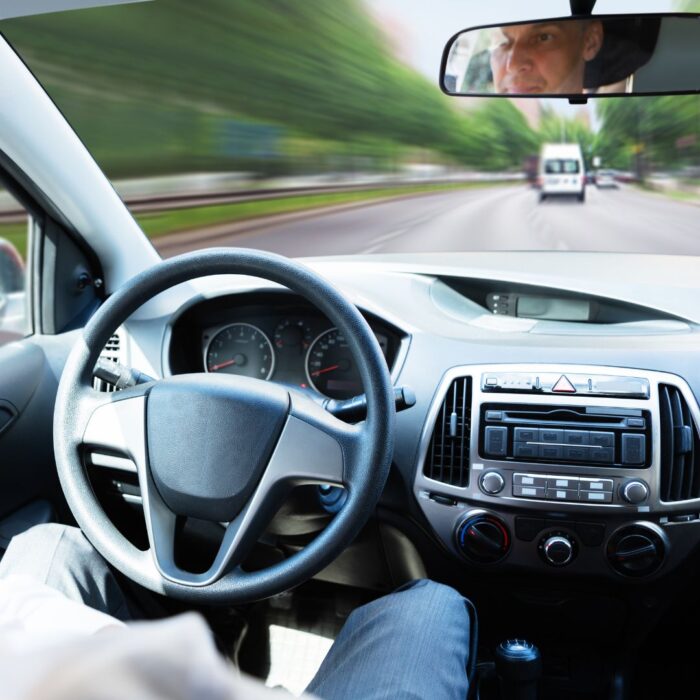By: Neil O’Donnell
In a March 12, 2024 article, Fortune Magazine found that automated vehicles rated “poor” in driving safety tests. In that testing, only one of Tesla’s 14 manufacturers’ scores was deemed “acceptable.”
The testing was conducted by the Insurance Institute for Highway Safety (“IIHS”). While only one Tesla test result was rated acceptable, two other test results were “marginal,” and the other 11 were “poor.” Not one Tesla system tested received a top rating of “good.”
In addition to Tesla, safety systems from Nissan, BMW, Ford, Genesis, Mercedes Benz, and Volvo were also rated “poor.” David Harkey, on behalf of the IIHS, stated, “That’s why the focus is on how we do make sure the drivers remain focused on the driving task. . .the one thing we do not want is for drivers to misinterpret what these things can or cannot do.”
IIHS President David Harkey also offered the following: “Most of them [safety systems] don’t include adequate measures to prevent misuse and keep drivers from losing focus on what’s happening on the road.”
As contained in the Fortune Magazine article, Mr. Harkey stated that the IIHS came up with new ratings to get automakers to follow standards, including how closely the automakers watch drivers and how fast the cars issue warnings if drivers are not paying attention. These new IIHS safety ratings fill a “regulatory void” left by inaction on the systems from the U.S. National Highway Safety Traffic Administration.
According to Mr. Harkey, automated vehicles are marketed in a way where drivers might think they are fully autonomous and require no attention—but that is not the case.
The IIHS wants safety systems developed where, when a driver’s head or eyes are not directed on the road, or their hands are not on the wheel, the system activates.
The IIHS study seems to have had an impact. Toyota, which leases Lexus vehicles, says it considers IIHS ratings in setting safety standards; GM said the IIHS ratings are important. Nissan said it will continue to work with the Institute. Mercedes said the company takes the IIHS findings “seriously” and it relies on the system collaborating with the driver.
But right now, automated driving safety still has a long way to go.

